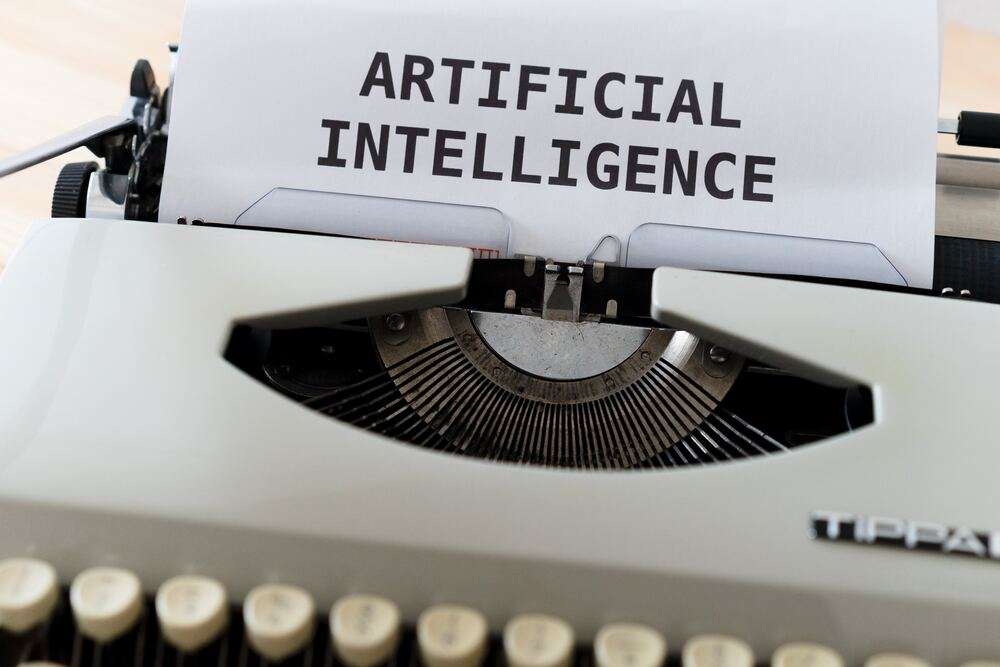Thyroid disorders can significantly affect a patient’s quality of life, with symptoms ranging from minor discomfort to potentially fatal complications. Unfortunately, the range of available treatment options remains limited. This underscores the need for further research to develop new and more effective treatment options.
The rest of this article briefly examines how limited treatment options for thyroid disorders pose a challenge in thyroid research.
Thyroid disorders such as hypothyroidism and hyperthyroidism are relatively common, and can significantly impact the quality of life and overall health of patients. However, the available treatments for these conditions are limited, as they may not be effective for all patients, making it difficult to manage symptoms effectively. This challenge is particularly relevant for certain types of thyroid cancer and autoimmune thyroid diseases.
Papillary thyroid cancer is the most common type of thyroid cancer, and in most cases, it can be treated with surgery and radioactive iodine. However, some patients have aggressive or recurrent tumors resistant to these treatments. Although most thyroid cancers are treatable and have a good prognosis, some types of thyroid cancer, such as anaplastic thyroid cancer, are aggressive and difficult to treat. In these cases, there are limited treatment options, and the prognosis for the patient may be poor. Research efforts focus on developing new treatments to target these aggressive tumors effectively. For instance, researchers are investigating new targeted therapies, such as tyrosine kinase inhibitors, that can inhibit the growth of cancer cells more effectively.
Autoimmune thyroid disorders such as Hashimoto’s thyroiditis and Graves’ disease are the most common causes of thyroid dysfunction. However, current treatments for these disorders focus mainly on controlling symptoms and do not address the underlying immune dysfunction. Additionally, some patients may experience side effects from medications or not respond well to treatment. Current research seeks to develop new therapies that can more effectively target the autoimmune process underlying these diseases.
Hypothyroidism is typically treated with thyroid hormone replacement therapy, usually synthetic thyroxine (levothyroxine). While this treatment is generally effective, some patients may not respond well or experience side effects. The reasons for this are not well understood. Also, determining the optimal dose and managing potential side effects can be challenging, especially in patients with coexisting medical conditions or taking other medications.
The emergence of a possible alternative to the standard levothyroxine monotherapy for hypothyroidism has generated much discussion among experts. This treatment option is a T4+T3 (levothyroxine and liothyronine) combination therapy that apparently seeks to address the dissatisfaction with T4 monotherapy by some hypothyroid patients. However, there is currently a dearth of clinical trials that clearly demonstrate more tangible benefits of the combination compared to levothyroxine monotherapy. Given the lack of a widespread consensus on the advantage of the combination therapy, levothyroxine treatment remains the standard option for hypothyroid patients.
Similarly, hyperthyroidism is usually treated with medications such as methimazole that decrease thyroid hormone production or activity. However, these treatments can have significant side effects and may not be suitable for all patients. Additionally, some patients may not respond adequately to medication and may require more invasive treatments, such as surgery or radioactive iodine therapy. Radioactive iodine therapy is commonly used to treat hyperthyroidism caused by Graves’ disease or toxic nodules. However, this treatment can also result in hypothyroidism and may increase the risk of cancer. Developing effective alternative therapies with fewer side effects is an ongoing challenge in thyroid research.
Key Takeaways
- Treatments for some thyroid conditions are limited, as they may not be effective for all patients.
- Some patients may not respond well to common treatment options like levothyroxine, making it difficult to manage symptoms effectively.
- Current treatment options are also limited particularly for patients with advanced or aggressive forms of thyroid cancer.
- Many thyroid disorders have complex underlying mechanisms, and developing effective treatments can be difficult.
- Current treatment options for autoimmune thyroid disorders typically focus mainly on controlling symptoms and do not address the underlying immune dysfunction.
- Developing new and more effective treatments that address these underlying mechanisms of thyroid disorders is an ongoing challenge that requires further research and investment.
To read about other challenges in thyroid research, click on any of the following:
- Challenge #3: Limited treatment options




